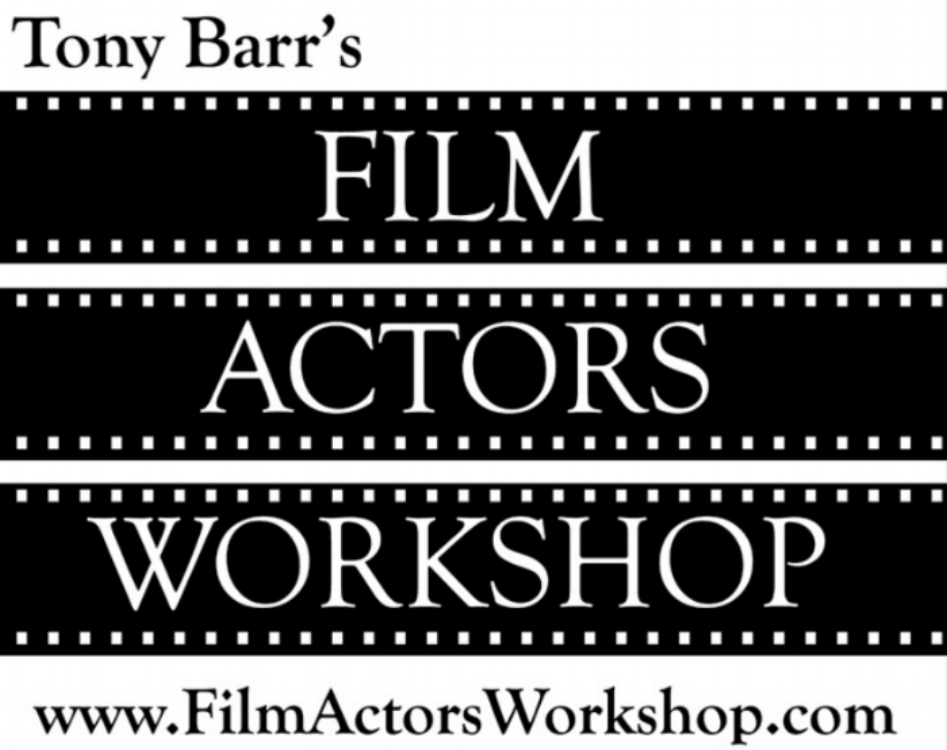INTERVIEW W/ ERIC STEPHAN KLINE
From
THE GUIDE TO QUALIFIED ACTING COACHES IN L.A.
"Tony Barr has certainly been my mentor. Basically, everything I know, Tony taught me. Along the way, I've figured out more practical ways to implement his theories. but it's all based on his work. I always admired his practicality. Tony once said, 'If I can't use something, I don't want to know about it.' His work is all very accessible and understandable to an actor. The thing that enhances this approach is that we work on camera and we play the recordings back and we very carefully analyze what works and what doesn't work.
Tony said that as an actor, especially in Hollywood, on film and television, your uniqueness is what you have to sell -- with all of your warts and with all of your moles. If you look at people like Hoffman or Bogart, they would be thrown out by any dramatic academy. They had bad speech patterns, they were too short and they just didn't fit the mold. But on camera they light up because they're so definitively themselves.
I try to do as little direction as practically possible. I try to just formulate the questions of the role or of the scene and throw them back onto the actors for them to answer in their own terms. Most roles, especially film roles, are structured in such a way that they'll accept a very wide latitude of responses and still honor the role and allow the piece to keep moving forward.
I guess the prototype of this would be "Hamlet". Actors are still figuring out new ways to do it after five hundred years, but still honor the basic text. And so what I am trying to do in our acting classes is get the actor connected what's driving him in the role and then get as many of his own impulses into it as possible, because that's where the real life on the screen comes from. It doesn't come from some kind of cerebral plan or performance, it comes from those moment-to-moment reactions."


